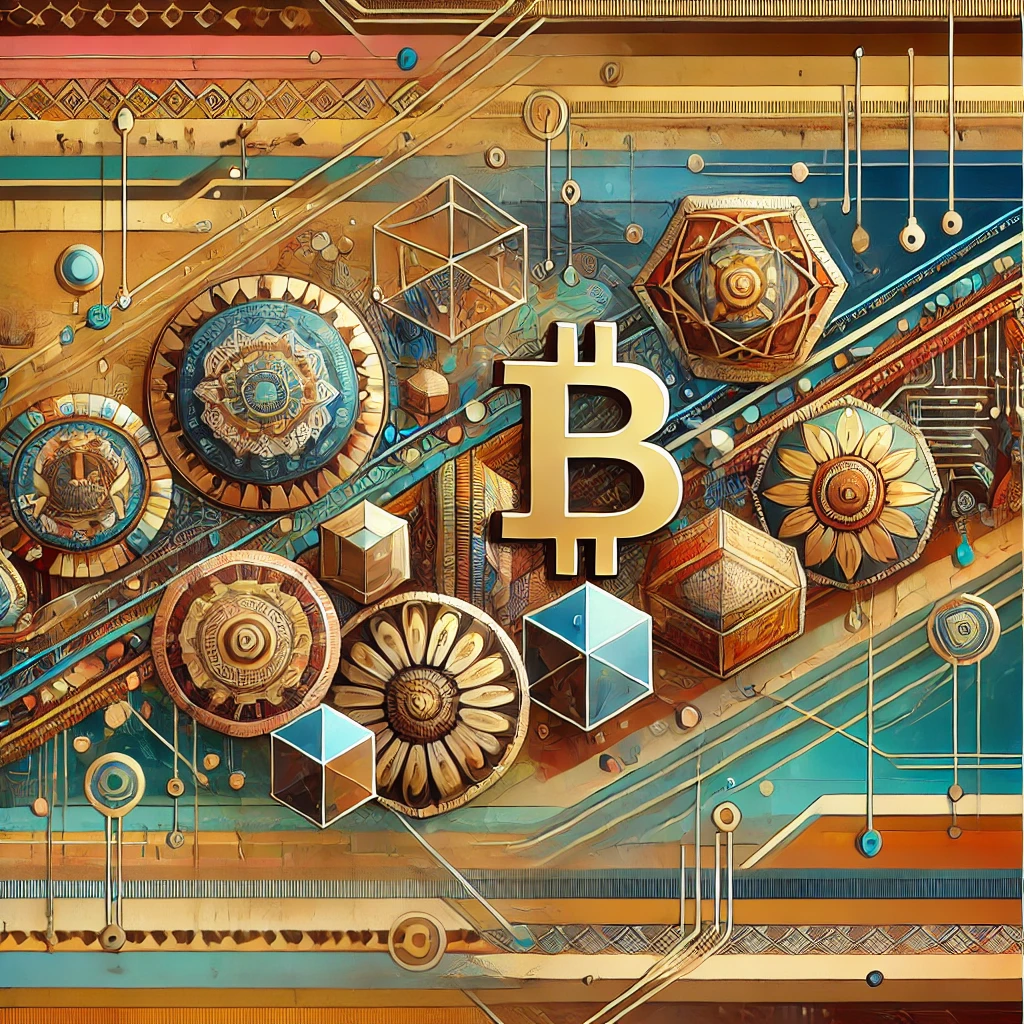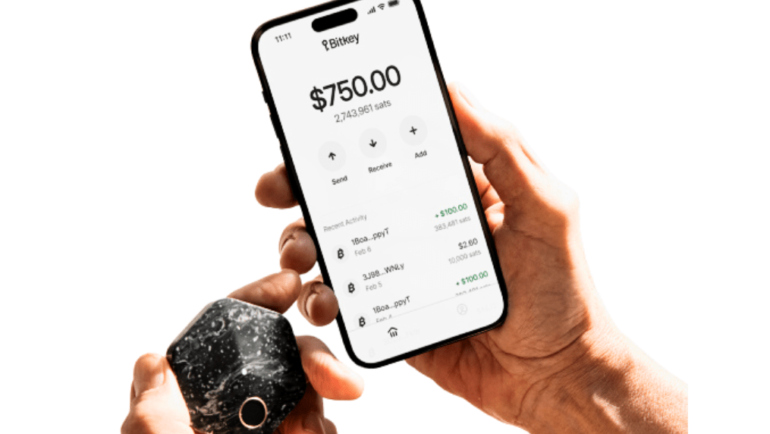
Africa’s Indigenous Knowledge Systems Meet Web3: A New Model for Intellectual Property
In the hills of Rwanda, traditional healers have passed down medicinal knowledge through generations, safeguarding recipes that blend local herbs into powerful remedies.
Today, these age-old practices are finding an unexpected ally in blockchain technology, as communities across Africa harness Web3 tools to protect and share their heritage on their terms.
The intersection of African indigenous knowledge and Web3 technologies marks a shift in how traditional communities can preserve and benefit from their intellectual property.
This technological integration offers solutions to long-standing challenges of attribution, compensation, and control over cultural heritage.
“Our ancestors’ wisdom deserves protection in the digital age,” says Dr. Amara Okafor, a digital rights activist in Nigeria. “Blockchain provides this by creating permanent, verifiable records of our traditional knowledge that cannot be altered or erased.”
In Ghana, the Kokrobite Institute has implemented a pioneering blockchain system to document traditional fishing practices.
Local fishermen record their methods and seasonal patterns on a distributed ledger, creating an immutable record that helps prevent unauthorized commercial exploitation while ensuring proper attribution to the community.
The success of Kokrobite has sparked similar initiatives across the continent. In Tanzania, the Maasai community has begun recording their botanical knowledge on a blockchain platform, establishing clear ownership rights over their traditional medicine practices.
This digital documentation helps combat biopiracy while maintaining the integrity of their cultural heritage.
Tokenization—Fair Value for Ancient Wisdom
The tokenization of indigenous knowledge introduces new economic models that benefit local communities directly.
In Kenya’s Samburu region, traditional beadwork designs have been converted into digital assets, allowing artisans to receive royalties whenever their patterns are used commercially.
Before tokenization, designs were copied without permission or compensation. Now, every use of patterns can generate income for Africans, thereby, supporting traditional craftspeople and their families.
The Zimbabwean Traditional Knowledge Trust has created a digital marketplace where communities tokenize their agricultural practices.
When agricultural companies access this knowledge for sustainable farming initiatives, smart contracts ensure automatic payment distribution to the knowledge holders.
Also read, Web3, Africa dominates it’s adoption as it outpaces the West
Community Governance Through DAOs
Decentralized Autonomous Organizations are transforming how indigenous communities manage their cultural assets.
In Uganda, the Buganda Kingdom has established a DAO to oversee the digital rights to their traditional music and dance forms. Community members vote on licensing decisions and resource allocation, ensuring collective benefit from cultural sharing.
“Our DAO structure respects our traditional decision-making processes while adding modern efficiency,” notes Charles Mugisha, a cultural advisor to the Buganda Kingdom. “It gives our people direct control over how our heritage is shared and monetized.”
The success of these governance models extends beyond cultural assets. In Senegal, a network of small-scale farmers uses a DAO to manage their collective seed knowledge, voting on sharing agreements while protecting traditional varieties from corporate patents.
Digital Platforms—Global Reach, Local Control
Web3 platforms are creating new channels for African communities to share their heritage while maintaining control.
The Ethiopian Coffee Heritage Project uses NFTs to authenticate and sell premium coffee varieties, linking each batch to its traditional growing methods and specific community origins.
In Mali, griots (traditional storytellers) are using metaverse platforms to create immersive experiences of their oral histories.
Visitors can explore virtual representations of historical events while the blockchain ensures proper attribution and compensation for the knowledge holders.
The metaverse can allow Africans share their stories with the world without losing their essence. People everywhere can experience Africa’s traditions in meaningful ways.
The Pitfalls and Promises
Despite these advances, implementing Web3 solutions in African contexts presents unique challenges.
Limited internet access in rural areas, technical literacy gaps, and the cost of blockchain transactions require careful consideration.
“We must ensure these technologies serve our communities rather than create new barriers,” warns Dr. Patricia Mensah, a technology ethics researcher in Ghana. “Success depends on building systems that respect local needs and capabilities.”
Some communities have addressed these challenges through hybrid approaches. In Mozambique, a traditional medicine collective combines blockchain recording with physical documentation, ensuring accessibility for all community members regardless of technical access.
Future Outlook
Web3’s integration with African indigenous knowledge systems represents more than technological advancement – it’s a path toward equity in the global intellectual property space.
With more communities adopt these tools, they’re creating models for cultural preservation that combine traditional wisdom with digital innovation.
These initiatives demonstrate how technology can serve cultural preservation while generating economic opportunities for knowledge holders.
With a potential continuous adaptation of Web3 tools to their needs, Africans can establish new standards for protecting and sharing indigenous knowledge in the digital age.


